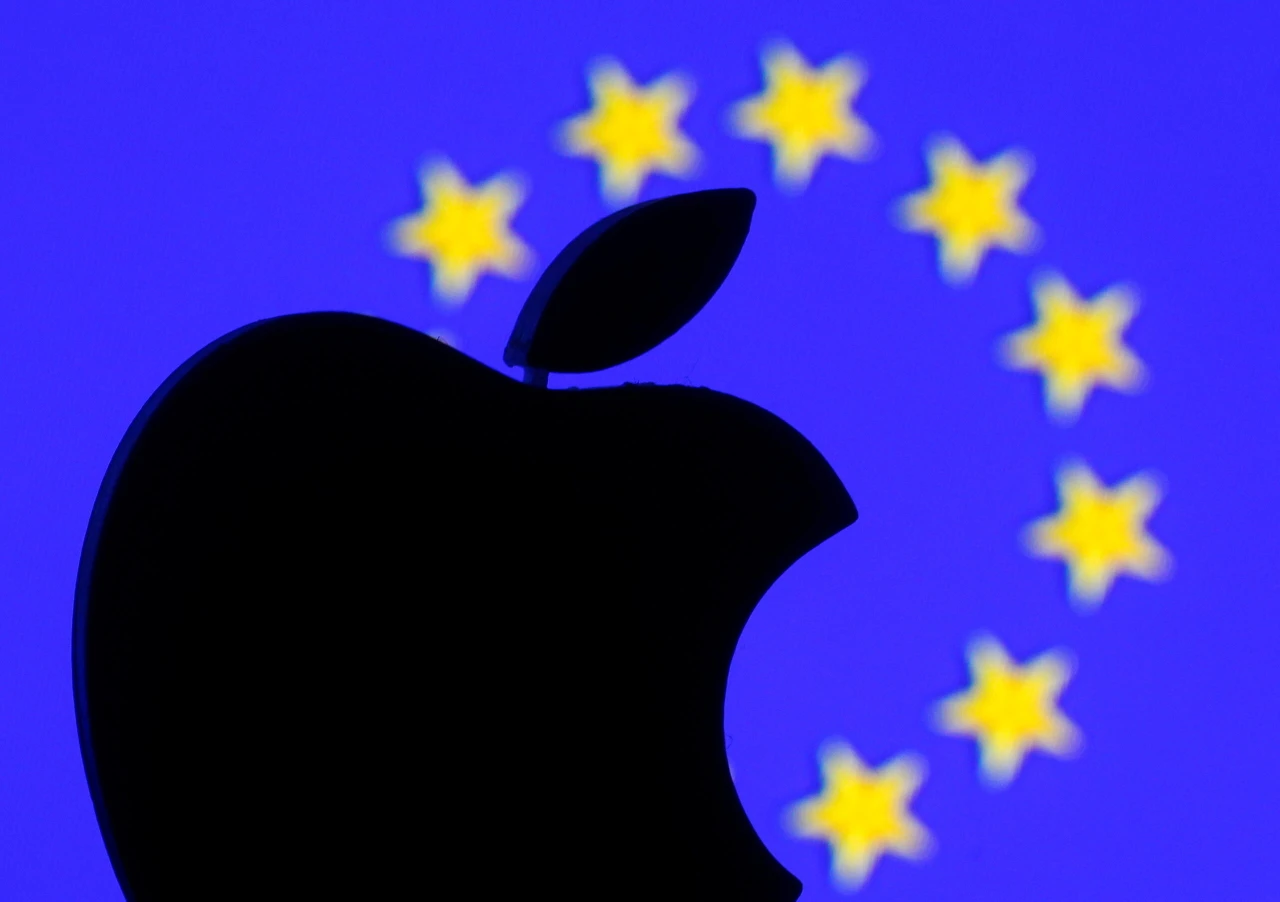EU regulatory hurdles force Apple to delay AI features for European users
 A 3D-printed Apple logo is seen in front of a displayed European Union flag, September 2, 2016. (Adobe Stock Photo)
A 3D-printed Apple logo is seen in front of a displayed European Union flag, September 2, 2016. (Adobe Stock Photo)
Apple announced on Friday that it would postpone the introduction of its new AI features in Europe due to uncertainties stemming from the European Union’s Digital Markets Act (DMA). The tech giant cited concerns over regulatory compliance and potential compromises to user privacy and data security as reasons for the delay.
The recently unveiled “Apple Intelligence,” a suite of AI capabilities designed to enhance user experience on its devices, including features like personalized emoji creation and email summarization, will not be available to EU users this year as originally planned.
“We do not believe that we will be able to roll out these features to our EU users this year,” an Apple spokesperson stated, referring to the regulatory requirements outlined in the DMA.
The DMA, aimed at curbing the power of large tech companies operating in the EU, imposes strict rules on designated internet gatekeepers like Apple to ensure fair competition and user protection. These rules include provisions for interoperability and data sharing among platforms.
“We are committed to working with the European Commission to explore solutions that would allow us to deliver these features while upholding the integrity of our products and safeguarding user interests,” Apple emphasized in its statement.
European Union officials have underscored the importance of maintaining a competitive digital market while upholding regulatory standards. “Gatekeepers are welcome to provide their services in Europe, provided they comply with our rules aimed at ensuring fair competition,” a spokesperson for the EU commented.
The EU’s scrutiny of Apple under the DMA has intensified recently, with Margrethe Vestager, the EU’s competition chief, expressing concerns over the company’s compliance. “We have serious concerns about Apple’s practices under the DMA,” Vestager stated in a recent interview with CNBC, highlighting ongoing investigations and potential penalties.
Under the DMA framework, the European Commission possesses the authority to investigate, penalize, and impose structural remedies on non-compliant tech gatekeepers. Penalties for violations can amount to up to 10% of a company’s global annual turnover, with higher penalties for repeat offenders.
Apple’s decision to delay the rollout of its AI features underscores the complexities and challenges faced by major tech firms navigating regulatory landscapes in key markets like the EU.
For now, Apple users in Europe will have to wait as discussions between the tech giant and EU regulators continue in search of a resolution that balances innovation with regulatory compliance.



